What do comprehensive school teachers drafting a curriculum in Indonesia, Cambodian midwives, researchers from Turku and Finnish farriers have in common? They all want to learn and teach and they do it in the LifeLearn application.
LifeLearn is the social media of learning, a communal application where users from around the world can learn and teach one another new skills.
“We have all learned to use Facebook and WhatsApp, but LifeLearn combines social media with meaningful content,” says Jussi Hurmola from LifeLearn.
LifeLearn users can not only learn, but they can also convert their expertise into products. Unlike with Facebook, for example, the copyright to the produced content remains with the author. It creates digital capital, which can be accrued and used to make money.
LifeLearn creates digital capital, which can be accrued and used to make money.
In addition to individual learning, official educational institutions can offer some of their courses on LifeLearn. The application is suitable for all organisations that have a need to mentor and educate: trade unions, universities, governments, publishers. Many are already using it now – the Cambodian midwives mentioned earlier, for example.
Learning takes place in communities that can be created by anyone. They can be free or subject to a fee or anything in between: for example, joining a discussion may be free, but learning additional skills can be subject to a fee. Everyone prices their own abilities and skills themselves. Learning in the communities occurs through interaction. In practice, this means discussions, written content, pictures and videos.
Interaction and equality differentiates LifeLearn from most other learning platforms available online, such as open web courses.
“They are primarily teacher-centric and unidirectional. In LifeLearn, anyone can be a teacher, producer, student, mentor or follower and can choose a different role in different communities,” says LifeLearn’s Tarmo Toikkanen.
The change in working life is behind LifeLearn. Learning has become a lifelong path. Many jobs no longer require a formal degree, but they require suitable knowledge and skills – and increasingly jobs are created by people themselves from the start. However, if you want a new job, earning a degree takes typically several years. With LifeLearn, one can acquire a new profession in as little as three months.
“A person wanting to learn can choose if they want to seek expensive education from abroad or just start learning from the best person in the field in Finland for 25 euros,” says Jussi Hurmola.
The concept behind LifeLearn is that the things learned through the service are not point-specific skills and tricks that you can learn by watching YouTube videos. “The service will help you acquire skills that will allow you to become a respected member of society.”



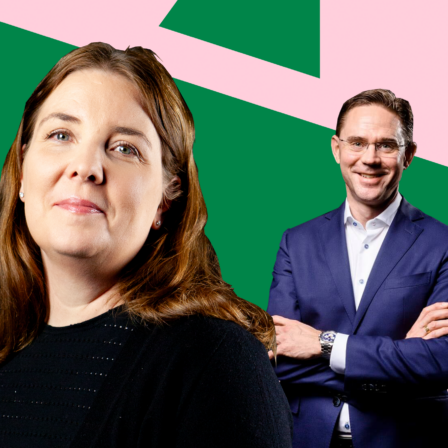
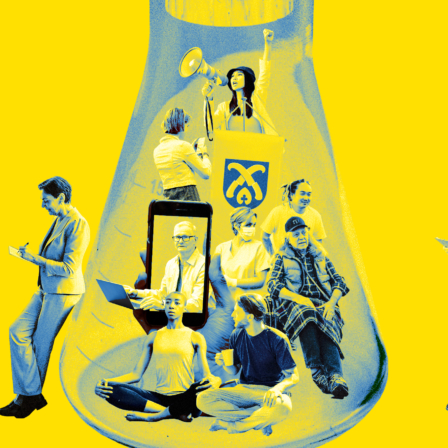
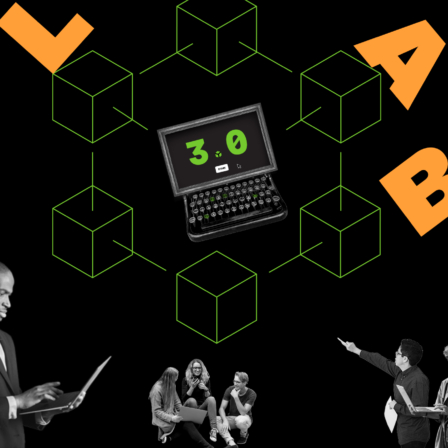
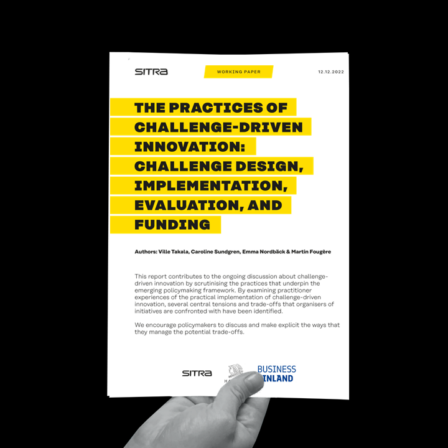
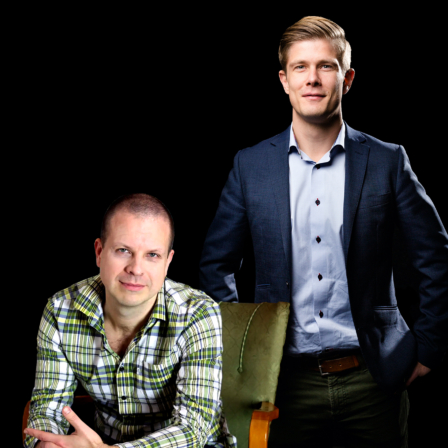
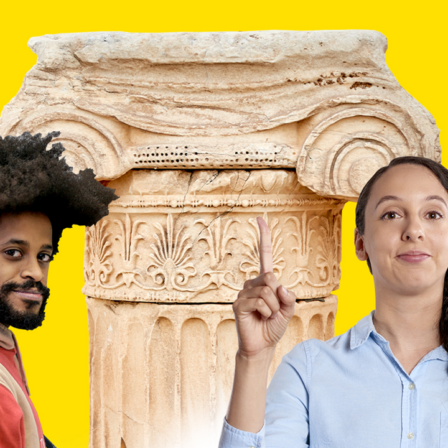
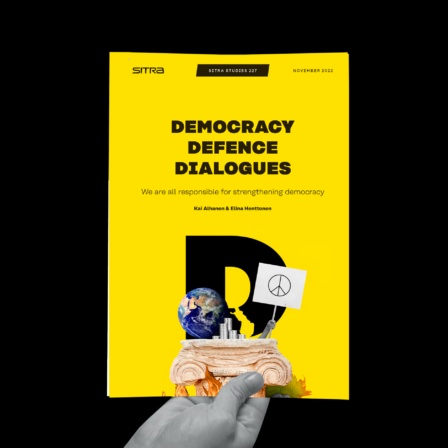


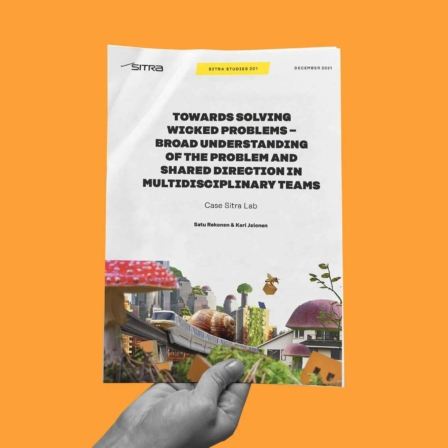


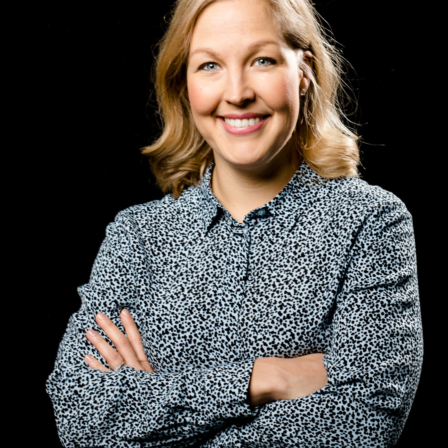
Recommended
Have some more.